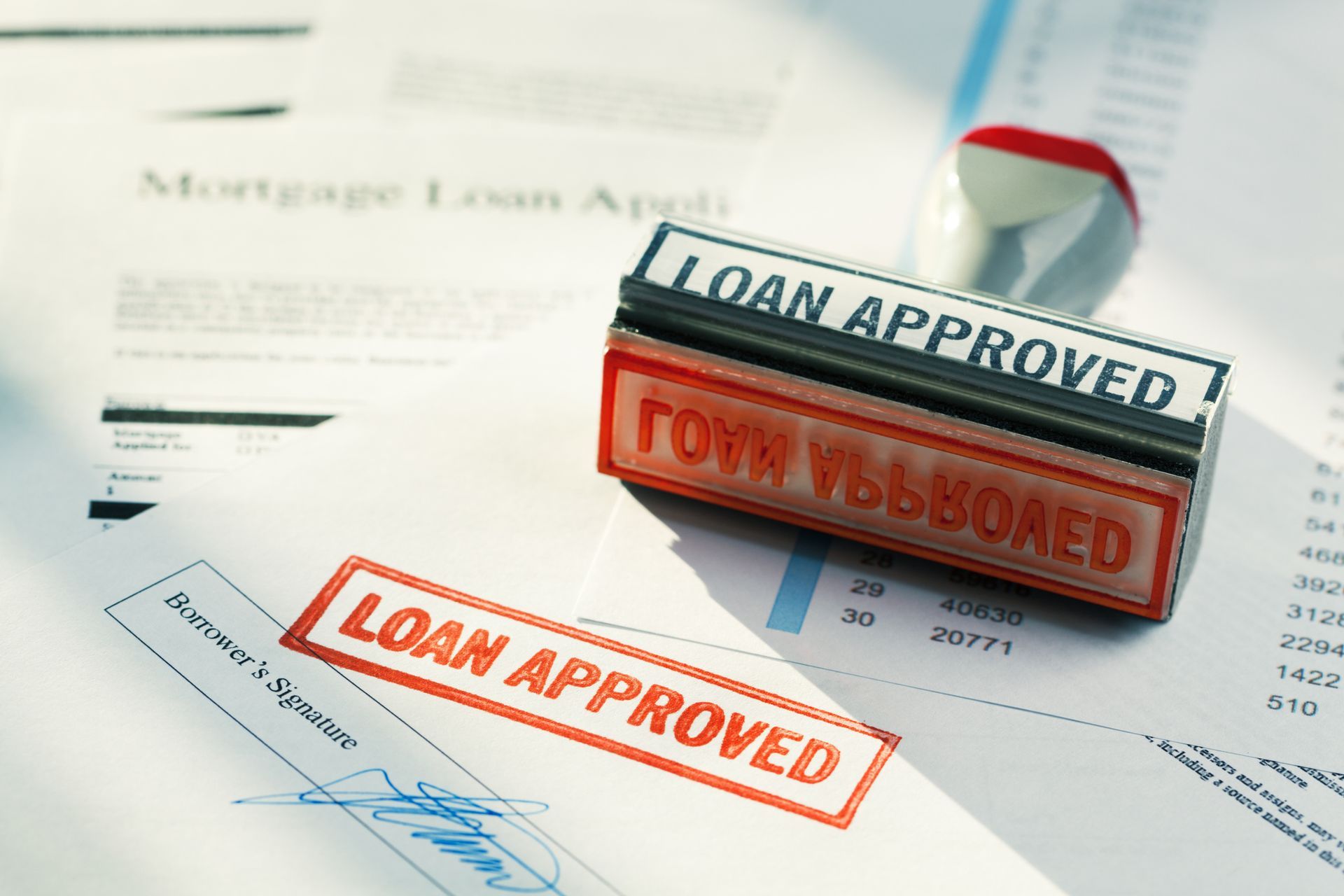NJ Mortgages FHA vs VA loan

Deciding which kind of loan to use to finance your home purchase is one of the many complex decisions you must make as a homebuyer. Every kind of home loan has specific benefits and drawbacks that will uniquely impact your situation. Two kinds of government-backed loans to consider are FHA loans and VA loans. If you qualify for both loans, you may be confused about which would best serve you. Here, we look at the specifics of each loan to help you determine which is best for you.
Who backs the loans?
FHA and VA loans are government-backed, making them generally more affordable than conventional loans for first-time homebuyers, low-income buyers, or those with a rocky credit history. The Federal Housing Administration backs FHA loans. While the government does not directly provide the loan to the borrower, the FHA agrees to insure the loan and pay off the balance if you default. This agreement makes these loans less risky for banks and mortgage lenders, allowing them to offer loans with better rates and less strict credit requirements. Government-backed loans are intended to help those who would not otherwise be approved get financing to purchase a home.
The US Department of Veterans Affairs supports VA loans. VA loans are available as a benefit for those who have served the country through military service.
Who is eligible for FHA and VA loans?
VA loans are only for those who have served in the US, like active servicemembers, National Guard and reservists, veterans, and some qualifying spouses. VA applicants will need to meet all of the VA loan qualifications as well as their lender's credit and financial requirements.
FHA loans are available to the general public, but you must meet specific requirements. Typically, lenders establish an income cap. Borrowers should also be prepared to meet specific financial and credit requirements established by their lender.
What are the big differences between FHA and VA loans?
Here are some of the most significant differences between each loan:
- Mortgage Insurance
VA loans will not require the borrower to get mortgage insurance, while FHA loans do. Mortgage Insurance can either be paid upfront at closing or over the life of the loan, meaning your closing costs will be higher or your monthly mortgage payments will be higher.
2. Closing Cost Fee
VA loans will require a VA funding fee. This fee is collected at closing and helps pay for the VA loan program. Some applicants will qualify for an exemption from this fee, including those with a service-related disability, Purple Heart recipients, and some eligible spouses. The fee can be added to the loan if the borrower can't pay it upfront.
FHA loans do not have any specific fees to be paid at closing.
3. Down Payments
FHA loans require a base down payment of at least 3.5%. VA loans don't require a down payment.
4. Credit Score
FHA loans require a minimum credit score of 580 to qualify for a loan, but applicants with the funds to pay 10% or more as a down payment may be able to get approved with lower scores. VA loans do not typically have a minimum credit score requirement, although different lenders may have their own requirements.
5. Interest Rates
FHA and VA loans tend to have lower interest rates than other loans. While your rate will largely depend on your specific financial situation, VA loans tend to have lower interest rates than FHA loans.
FHA and VA loans have incredible benefits, but only one kind of loan will be best for your situation. In most cases, a VA loan will be the better option, but this isn't the case 100% of the time. It is essential to shop around and compare terms before you sign a mortgage loan agreement.
If you are working towards purchasing a home in 2024, Veitengruber Law can help. We are an experienced real estate law firm with a keen knowledge of NJ real estate law.










